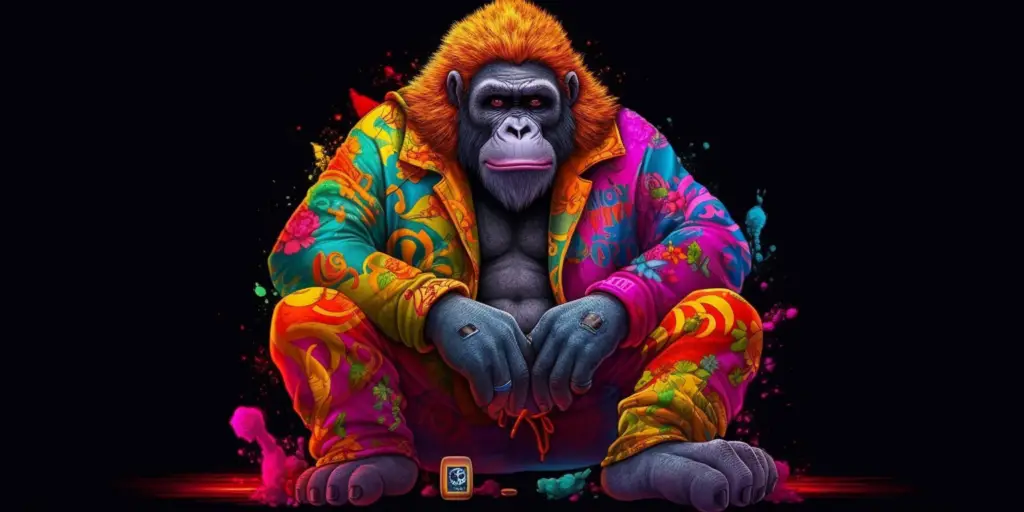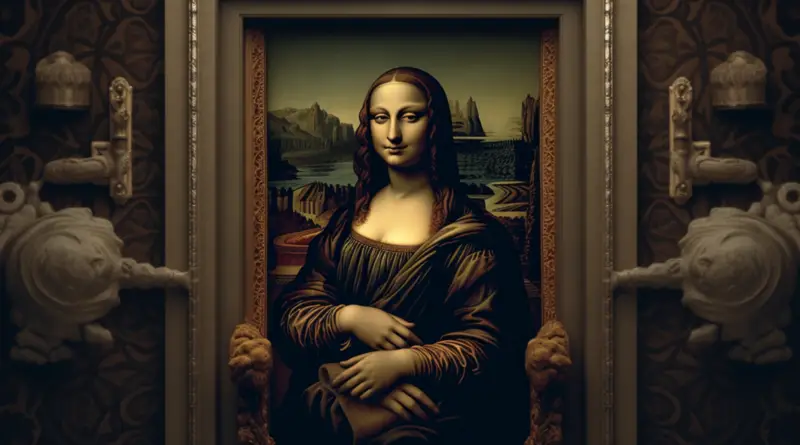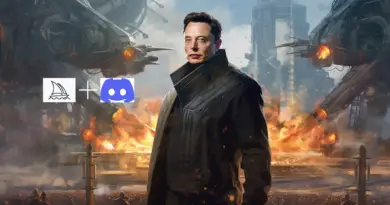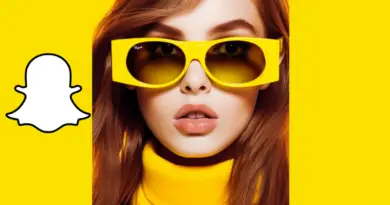Selling AI-Created Images: Are You Breaking the Law?
With the proliferation of generative technology in the art space, millions of images are being created using platforms like Midjourney, Stable Diffusion, and DALL-E 2, among others. A common question you might have is if you can sell these images to make a quick buck.
It is not illegal to sell AI-generated images, however, there are exceptions to this. Instances are where the particular AI art generator bans commercial use of its images or where the images are derived from identifiable preexisting work.
This article takes a look at what determines the ownership of AI-generated images and circumstances where users of generative tools can sell the generated images legally. Read on to find out more.
Who Owns the Copyright to AI Images?
Copyright is a type of intellectual property right that protects original works of authorship, such as books, movies, music, software, and art. Copyright gives the owner the exclusive right to reproduce, distribute, perform, display, and create derivative works, that is works that are based on the copyrighted work.
The copyrightability of AI images and in fact, AI-generated works in general is a complex issue and is far from settled.
The United States requires that the work for which copyright protection is sought is the original creation of the applicant.
The originality requirement has two parts: independent creation and a minimal degree of creativity. The element of independent creation basically means that the work must be created independently by the author, without copying from other works.
To be considered as having a minimal degree of creativity, the work must have what is termed “a spark of creativity,” that is, it must be more than a mere collection of facts or ideas.
It is not difficult to see why AI-generated art does not meet this criterion. Users of generative tech are obviously not creating images independently. The AI tech is.
While it can be argued that the prompts inputted by users constitute creativity because they guide the generative process, that is a bit of a stretch since the user has no way of knowing the exact image that will be generated.
So, Interestingly Neither Human Users nor The AI Itself Can Claim Copyright Over AI-Generated Art
Part of the originality requirement for eligibility for copyright protection is human authorship. The Copyright law requires works to be the product of human creativity for them to be copyrightable. This naturally excludes AI-generated works.
Where it can be shown that a human made a significant contribution to the generative process, the US Copyright Office may extend copyright protection in such work to the contributing human.
This is a very subjective rule as no measure has been spelled out that determines the minimum human contribution that can be considered sufficiently significant. Copyrightability of AI-generated images is thus decided on a case-by-case basis.
It has also been suggested that copyright may be owned by the owners of the images the AI tech was trained on. In reality, this is not exactly feasible because the average AI art generator is trained on a dataset comprising millions of images at the very least.
For example, DALL-E 2, one of the most popular AI art generators, is trained on a dataset of 1.56 trillion images.
Is There a Scenario Where You Can Sell AI Art?
Bear in mind that the copyright holder of an artwork is the proper person to profit from it. The dilemma with AI art is that its ownership is generally uncertain. Where it is entirely the work of the AI generator, the law as it stands is that it is not copyrightable. Thus, generally speaking, you cannot legally sell AI art.
However, if human involvement is substantial, for instance where it can be shown that it is a derivative work of a particular owned preexisting image or where the user can prove a significant contribution, it might be copyrightable.
Because of this uncertainty, the legality or otherwise of profiting off AI art is not settled. Some AI art generators have specific rules in their terms of service regarding the ownership and commercial usage of works created on their platform and you may rely on those rules for guidance.
Midjourney, for instance, appears to reserve ownership rights on works created by non-paying users and instead grant them a noncommercial license. On the other hand, Jasper Art allows unlimited commercial use of the artwork generated on its platform.
AI Art and Copyright [ Cases So Far]
The use of artificial intelligence (AI) to create art is a relatively new phenomenon. As such, the legal landscape surrounding it is still evolving. There have been a number of high-profile cases in recent years that have raised important questions about copyright law and AI art.
One of the most significant cases is the lawsuit filed by Getty Images against Stability AI. Getty alleges that Stability AI used millions of its copyrighted images to train its AI art generator, Stable Diffusion.
Another important case is the class-action lawsuit filed by visual artists Sarah Andersen, Kelly McKernan, and Karla Ortiz against Stability AI, Midjourney, and DeviantArt.
The artists claim that these companies have used images gotten from the internet to train their AI Art tools without obtaining the permission of the artists, thereby infringing on the rights of millions of artists.
If the plaintiffs in the above lawsuits are successful, they could set a precedent that would make it more difficult for AI art generators to use copyrighted material in their training datasets.
In addition to these two high-profile cases, there have been a number of other legal developments related to AI art and copyright law. For example, in 2022, Kris Kashtanova applied for and was granted copyright over her comic book, Zarya of the Dawn.
She subsequently revealed on social media that the illustrations were created using Midjourney.
The U.S. Copyright Office, accordingly backpedaled, claiming that AI use was not disclosed in her application. It withdrew copyright over the AI-generated images used in the comic on the ground that Midjourney was not simply an assistive tool but in fact, generated images in an unpredictable way largely independent of Ms Kashtanova’s guidance and control.
Her use of prompts to generate and refine the images generated and her further editing with Photoshop was considered an insignificant contribution to the eventual images generated.
While this Ruling is precedent that AI-generated images are not eligible for copyright protection because they lack “human authorship,” it also means that where a user’s contribution is significant enough via editing with other software for instance, copyright may be granted.
This Ruling could have a significant impact on the future of AI art, as it could make it more difficult for AI artists to protect their work from copyright infringement.
It is interesting to note however, that in a recent case, Thaler v. Vidal, the Court upheld the U.S. Patent and Trademark Office’s denial of a patent application where an AI software was listed as the sole inventor. This will likely be a factor in any Court decision regarding the question of AI ownership of copyrights.
The legal landscape surrounding AI art and copyright law is still evolving, and it is likely that there will be further legal developments in the years to come. These cases will certainly help to shape the future of AI art and will determine how copyright law applies to this new and emerging form of creative expression.
Can I Sell AI-Generated Images on Shutterstock?
No, you cannot sell AI-generated images on Shutterstock as it does not accept AI-generated images from its contributors. Shutterstock requires its contributors to prove ownership of any image submitted which is still a dicey issue with AI art.
In addition, because of the large dataset, AI generators are trained on, Shutterstock believes that they cannot possibly compensate all the artists whose work underlies the AI-generated art.
The uncertainty regarding the copyrightability of AI art and the rightful copyright holders is not helpful. As the law on AI art copyright evolves, there may likely be a policy change.
Can You Sell AI Images as NFT?

A non-fungible token is a unique digital asset that is stored on a blockchain and cannot be replaced or copied. It can represent anything digital, such as art or videos.
You can sell AI-generated images as non-fungible tokens (NFTs). Opensea, one of the foremost marketplaces for NFTs even has a dedicated AI art marketplace. Other marketplaces where you can sell AI art are Rarible, SuperRare, Foundation, and Nifty Gateway.
A word of caution though. Take a look at the terms of use of the AI generator being used to be sure that you have the right to commercially use the images it generates.
In Summary
AI-generated images are certainly worth all the excitement. While you can sell them, it is important to know that specific platforms might restrict such use. So make sure to check out the policy of the generator being used.
Related Articles
Can You Use Midjourney to Create NSFW Images?




